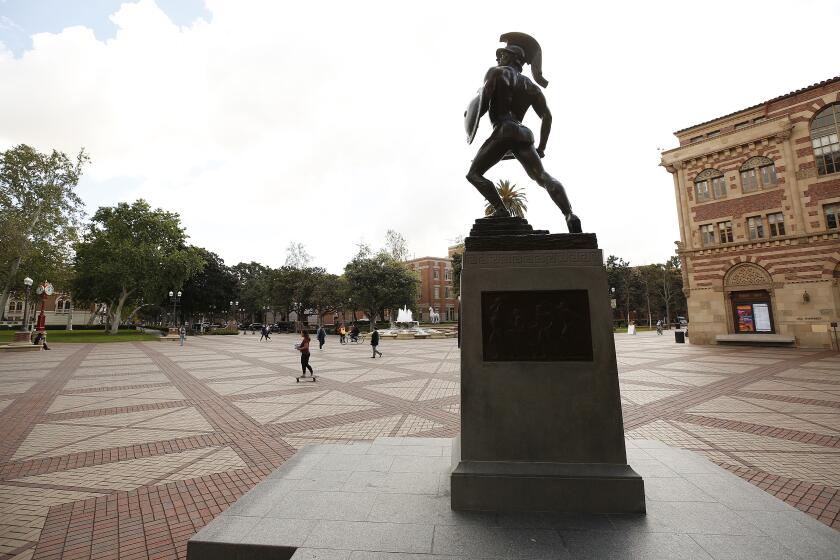Want to prepare kids for the future? Teach them to code.
We are experiencing a technology revolution, a new world in which coding is no longer for the anti-social, nerdy white males but for the cool kids. Figures like Facebook’s Mark Zuckerberg have created a culture that embraces technical innovation and that has popularized the leaders behind the code.
The birth of this culture has inspired a movement to teach younger generations to code. While many parents, kids and entrepreneurs have already bought into the movement, the most critical piece of the puzzle has been left untouched: schools.
Without the support of schools, students are simply not receiving enough assistance to learn how to code. Tech companies are desperately looking to hire students with the ability to code, yet schools have not been able to produce enough of these students. According to Code.org, by the year 2020 there are expected to be 1 million more computing jobs than students, which could leave an untapped market of $500 billion.
The root of the issue is the lack of exposure and guidance that primary and secondary education gives to students. While some of the most in demand jobs today require coding knowledge, NPR reports that only an estimated 5% to 10% of schools offer AP Computer Science.
America has always prided itself on innovation and setting the bar for the rest of the world to compete with, yet when it comes to teaching computer science in schools, we are simply behind. Look at Britain. Not only is computer science education mandatory starting this year, but students will also start learning how to write code at 5 years old. If Britain can prioritize digital education, why can’t we?
There are many benefits to integrating computer science into the curriculum of primary and secondary education.
For one thing, a much larger percentage of young students will be exposed to the various careers involving coding, thus yielding more computer science majors to fill the countless available positions. Even President Obama spread this message during his 2013 State of the Union address when he challenged the country “to redesign America’s high schools so they better equip graduates for the demands of a high-tech economy.”
Additionally, it is becoming widely accepted that as software continues to expand in its presence around the world, reading and writing code will eventually become a new form of literacy. Preparing our younger generation for this technical revolution is crucial for their future and ours.
While many benefits support the argument to include computer science into the educational curriculum, there are myths that need to be cleared up.
One common one about learning to code is that it is not applicable to non-engineering careers. Coding is not just a skill. Rather, it’s an entirely new way of thinking when it comes to problem solving. As Steve Jobs once put it: “Everybody in this country should learn to program a computer … because it teaches you how to think.”
Another common myth is that kids are not capable of learning how to code. Mitchel Resnick, founder of Scratch, debunks this myth during his Ted Talk when he shows that computer programming can be optimized for children. Scratch is one of many programs enabling kids to code through a simpler and more child-friendly experience. Scratch replaces complex coding syntax with simple coding building blocks, making it easy for kids to learn through playing and building games. The true value in teaching kids to code is not in the syntax but in the way it teaches kids to think using a step-by-step logical flow to solve problems and build projects.
I understand that getting coding into the educational curriculum is no easy task, but with the collective contributions from America’s parents, students and organizations, it can be done.
If you believe in this cause, then write to your state’s department of education. Donate to Code.org, the nonprofit organization working with schools to teach kids to code. Suggest to your local school that it partner with Code.org to help create a coding curriculum for students of all grades. It’s the small actions that, when added together, make the biggest impact.
It’s time we adjust the educational curriculum to better prepare kids for the future. It’s time we teach kids to code.
ALSO:
The rise of the sharing economy
Warning: College students, this editorial may upset you
New school lunch rules: How not to get kids to eat their vegetables
Guy Hadas is a student at UCLA and a head organizer of LA Hacks, a 36-hour hackathon taking place at Pauley Pavilion April 11-13.
More to Read
A cure for the common opinion
Get thought-provoking perspectives with our weekly newsletter.
You may occasionally receive promotional content from the Los Angeles Times.










